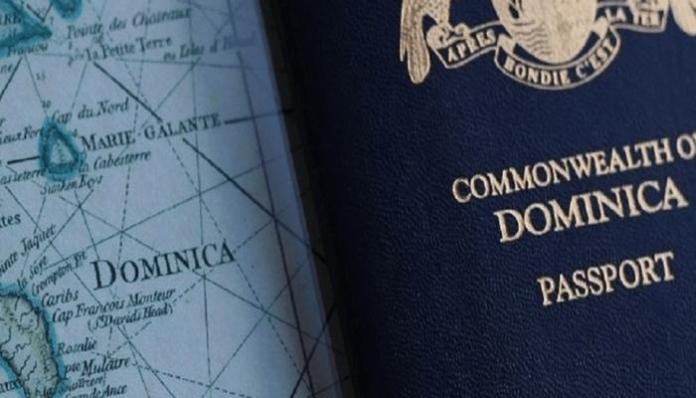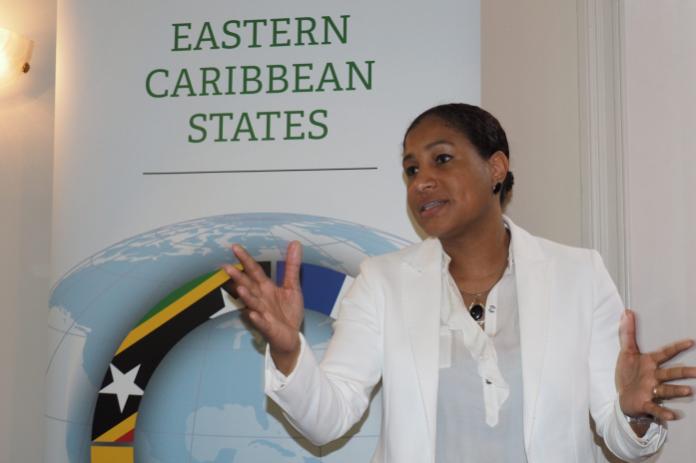
LONDON, England — A report prepared by multinational accounting firm Ernst and Young (EY) and published on Tuesday, concludes that Dominica’s citizenship by investment (CBI) programme does not facilitate tax avoidance and evasion. The report notes that the programme, by its very nature, awards citizenship and that citizenship is not the basis on which a person’s obligation to pay taxes rests. Instead, the obligation to pay taxes revolves around ‘tax residency’, – a concept “often built around the degree of personal socio-economic links with a country.”
The OECD Model Convention provides four main tests for determining tax residence: having a physical presence for a minimum amount of time; having a permanent home available; having a close centre of vital interests and having a habitual abode in the sense of being customarily or usually present. According to EY, it looks to citizenship only if “none of the previous residence tests are enough to determine the country of tax residence.”
In becoming citizens of Dominica, persons who applied under the programme do not automatically become tax residents. Instead, as evinced in EY’s report, they must make a showing of physical presence by either having a “permanent place of abode” and being “physically present in Dominica for at least some part of the year of income,” spending “not less than 183 days in Dominica during a year of income,” or spending “some period of time in Dominica during a year of income, but spending a continuous period of not less than 183 days in Dominica between income years.” Citizenship is excluded from Dominica’s tests for tax residency.







